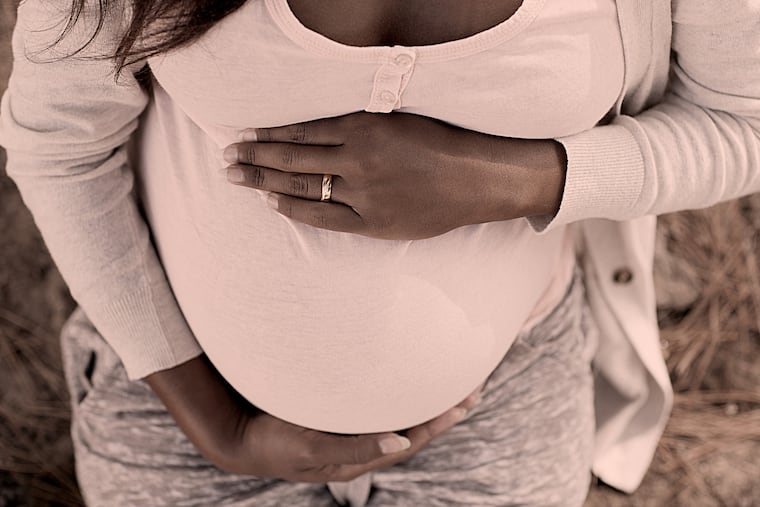CHOP and Penn get $50 million to study environmental effects on pregnancy
Researchers at CHOP and Penn plan to enroll 2,500 Philly-area pregnant patients, tracking the health of their fetuses through early childhood.

The University of Pennsylvania and Children’s Hospital of Philadelphia have won a $50 million grant to study how environmental factors affect the health of fetuses, babies, and toddlers.
Researchers plan to enroll 2,500 pregnant patients and their partners over a 7-year period with the grant from the National Institutes of Health, as part of a larger study of more than 60,000 children.
The study will track harmful environmental exposures such as pollution, violence, and extreme temperatures, as well as beneficial ones like walkability and green space.
All are thought to have significant effects on pediatric health, but the grant will allow researchers to tease out the individual impact of each, said CHOP neonatologist Heather Burris, one of three leaders of the Penn-CHOP portion of the study.
“We really need to understand the relative importance of each of these environmental toxicants and also what can be done about it,” she said.
» READ MORE: What do you think about our Eds and Meds content? Please share your thoughts in this brief survey
Philadelphia joins national study
The national study, called Environmental Influences on Child Health Outcomes (ECHO), has been underway since 2016, already yielding 1,200 peer-reviewed research articles, the NIH says.
The addition of Philadelphia to the mix will allow researchers to get a better sense of how environmental harms can have a disproportionate impact on children of color, who are underrepresented in some other participating locations, Burris said.
The other two project leaders are CHOP neonatologist Sara B. DeMauro and Sunni L. Mumford, a professor of epidemiology at Penn’s Perelman School of Medicine and the co-director of Penn’s Women’s Health Clinical Research Center.
The team plans to study the interplay between “macro” environmental factors like pollution and violence and the “micro” environment for each individual fetus: their parents’ diet, physical activity, stress, and sleep.
The researchers will monitor fetal health throughout pregnancy into the first three years of childhood, tracking preterm birth, asthma, obesity, and developmental delays.
The study seeks to enroll pregnant patients at the Hospital of the University of Pennsylvania and Pennsylvania Hospital.